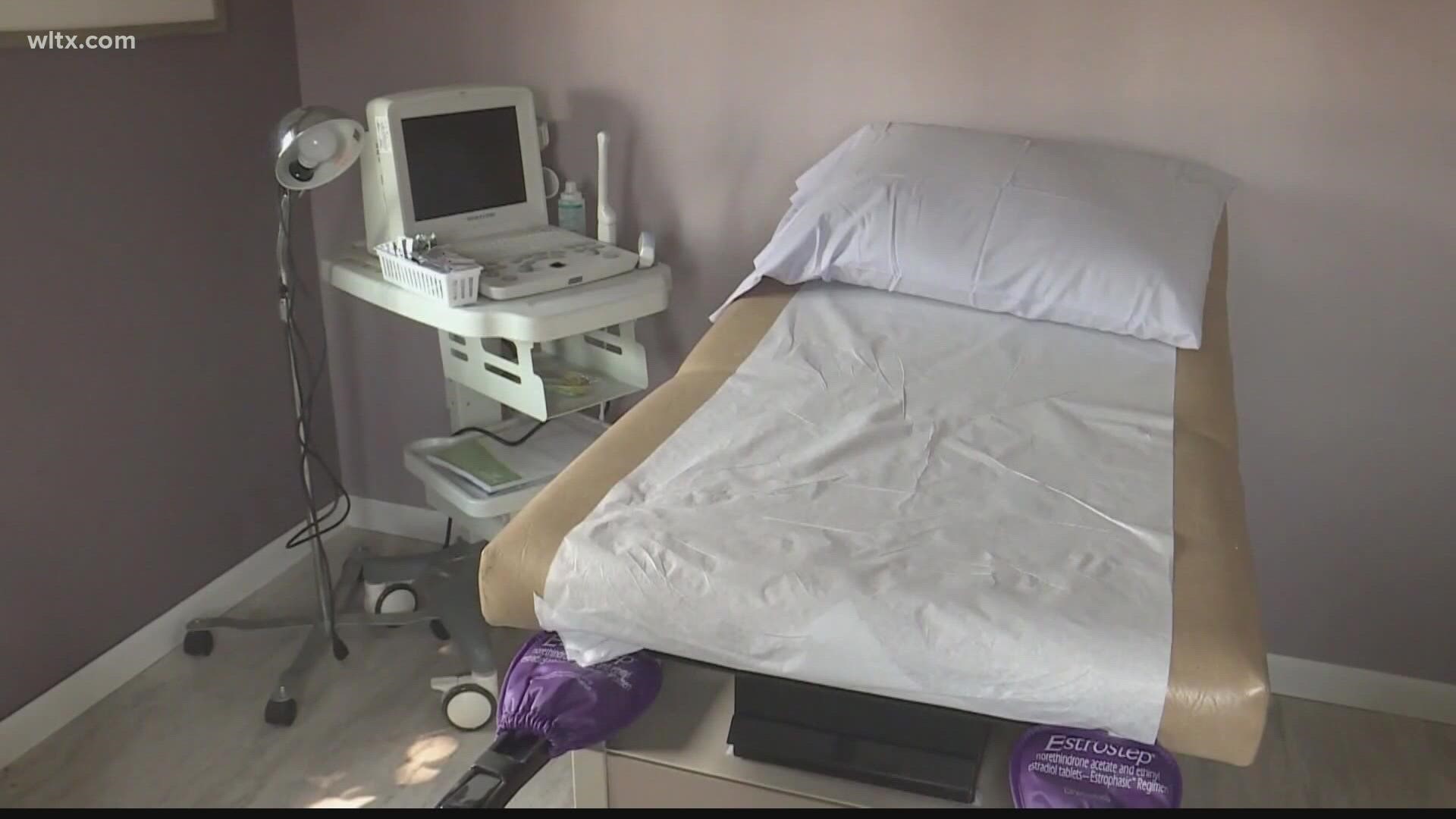COLUMBIA, S.C. — The South Carolina Supreme Court has denied a request to reconsider their ruling that tossed out the state's fetal heartbeat abortion law.
The justices said Wednesday they would not rehear the ruling that they made early last month.
Back on January 5, the court struck down a law passed in 2021 that outlawed abortion after cardiac activity is detected — typically around six weeks — ruling the restriction violates the state constitution's right to privacy.
South Carolina Governor Henry McMaster, who signed the law, chided the court saying that it exceeded its authority. In his State of the State address he'd challenge it. The next week, South Carolina Attorney General Alan Wilson formally asked the state supreme court to reconsider its ruling.
But after two weeks, the justices decided not to rehear it.
"As we've said previously, we respectfully disagree with the Court's decision," Wilson said. "This issue is now in the legislature's hands."
The ban, which included exceptions for pregnancies caused by rape or incest or pregnancies that endangered the patient’s life, drew lawsuits almost immediately. Since then, legal challenges have made their way through both state and federal courts.
Federal courts had previously suspended the law. But the U.S. Supreme Court’s overturning of Roe v. Wade allowed the restrictions to take place — for just a brief period. The state Supreme Court temporarily blocked it this past August as the justices considered a new challenge.
The Supreme Court's decision, oddly enough, came on the same day the state legislature was set to replace Justice Kaye Hearn, who wrote the majority opinion. Hearn had to retire because state law says a judge must step down when they reach the age of 72. Judge Gary Hill was all but assured to be the choice to replace Hearn. That's because two other potential candidates dropped out ahead of the vote.
Wednesday afternoon, Hill won by a margin of 140-8. With his ascension to the court, the state's Supreme Court will be all male for the first time in 35 years.
Meanwhile, state lawmakers have competing bills that would have almost the same or even greater restrictions than the fetal heartbeat bill. Those measures are still being discussed by lawmakers.

